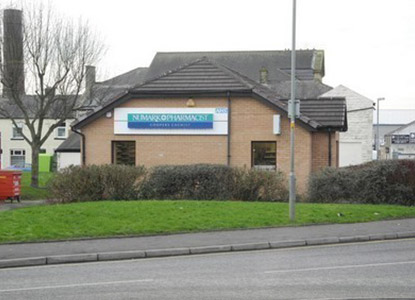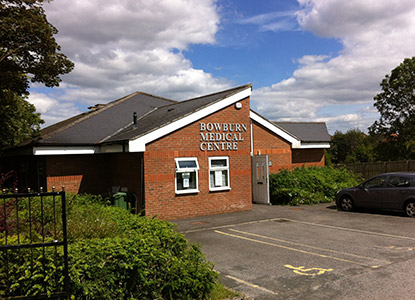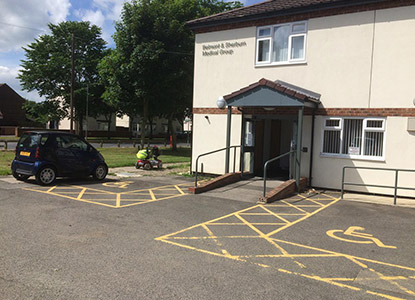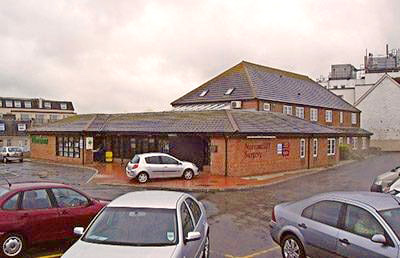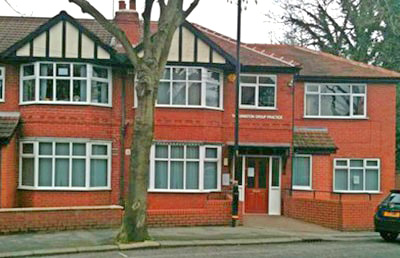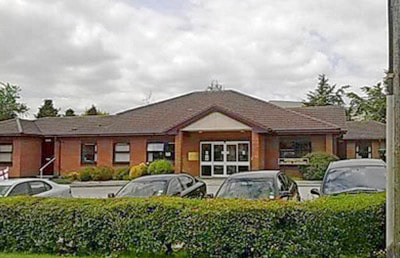What is Notional Rent? Here’s your comprehensive guide from the experts in Primary Care property.
Notional Rent is a method of reimbursement for GPs who own their own GP premises and use them for approved NHS purposes.
The NHS (General Medical Services – Premises Costs) Directions 2024 explain the areas that should be taken into account when considering a GP practice’s Notional Rent and how this should be calculated. The updated Directions came into effect on 10 May 2024, replacing the 2013 directions.
GP practices on a Notional Rent are provided with a new figure (CMR6) by NHS England every three years.
How is Notional Rent Calculated?
Notional Rent is calculated by establishing the Current Market Rent (CMR) of the premises and apportioning this to the area of the property that is used for GMS or PMS purposes.
There are many things that will have an effect on CMR including; the agreed CMR of similar surgery premises, how many square feet the property occupies, its state of repair and also the makeup of the local area.
A practices reimbursement is primarily calculated by the District Valuer who represents NHS England.
Can your Notional Rent be challenged?
Above all it is important to note; the initial figure that GP surgeries are sent by NHS England (via the District Valuer) is purely an opinion of GP surgery value.
As with all opinions, they can sometimes differ. For that reason, GP practices should always seek a second opinion from a specialist surveyor. If these two opinions are the same, the practice can rest assured that they are receiving the correct reimbursement. If the figures are different, they can ask their surveyor and NHS England to negotiate in order to come to a final agreed figure which best represents the value of the doctors’ surgery.
How long do you have to challenge your figures?
Under the previous Directions (2004 and 2013), GP Surveyors successfully challenged the implementation of 12-week deadlines, as the policy conflicts with The National Health Service (General Medical Services Contracts) Regulations. In 2015 the NHS Litigation Authority (NHSLA) confirmed that GP practices do in fact, have three years to refer a notional rent dispute to the Secretary of State (NHSLA). As the 2024 Directions only came into effect on 10 May 2024 it is uncertain how Integrated Care Boards (ICBs) will seek to impose the 12-week deadline or if they can.
Reimbursement for Practices in Leased Premises
Please see our Landlords complete guide to rent reviews for more information.
We hope you have found our article a useful resource, for more information on our Notional Rent review services click here.






